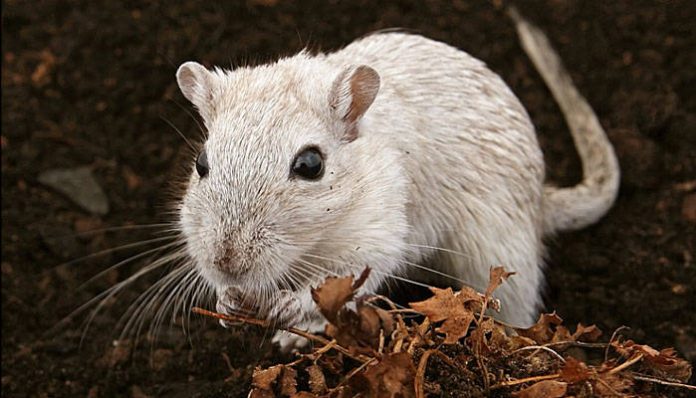Scottish researches claims that ancient Europeans feasted on rodents around 5,000 years ago. Researchers have reached to the conclusion after examining thousands of mammalian bones found at Skara Brae – a popular archeological site in Scotland.
Archaeologists sifting through nearly 30,000 bones recovered from Skara Brae, a prehistoric village on the west coast of Mainland, have found signs that the ancient inhabitants of the British Isles were dining on rodents three millennia before the Romans turned to dormice as a delicacy.
“Rodents are frequently excavated from older archaeological sites in Europe, but people have not examined why they are there,” said Jeremy Herman, a biologist at the National Museums of Scotland in the UK.
Researchers sifted through nearly 60,000 small mammal bones collected at the Skara Brae settlement on the largest island of the Orknay archipelago in Scotland.
The researchers, after re-examining the bones, found the number of mouse bones was equal across all four trenches. However, the trench in one building had a greater accumulation of vole bones than the other three trenches.
This suggests that the voles, who generally live in the fields and stay away from human homes, had been brought there deliberately by people, researchers said.
The team found burn marks on several of the bones, suggesting the animals had been roasted, a report suggested.
“The way they are burnt it is pretty clear that they were pretty much whole when they were stuck on the embers of a fire. I have not tried it myself, but I imagine they got pretty crisp on the outside,” Herman said.
The number of vole bones discovered by researchers suggests that the rodents were not a primary source of food for the inhabitants of Skara Brae.
However, it still is clear that people were eating them, at least occasionally, researchers said.















